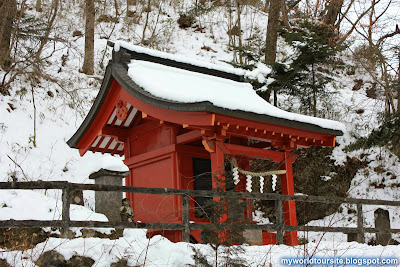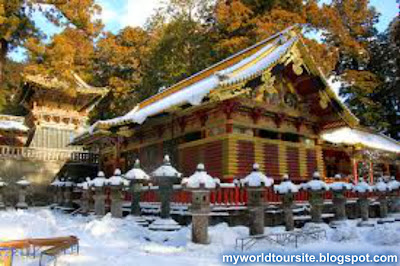Nikko, that means "Sunlight", it"s the small city of japan.In small cites 92 thousand people and 140 kilometers north of Tokyo. Nikko is the perfect for holiday or travel. Because of that. It is a UNESCO World Heritage Center of the world.world. Nikko is a very popular tourist attraction in Japan especially for its shrines & temples, There were hardly any tourists around and it was such a peaceful place.
Nikko is the center of Shinto and Buddhist mountain worship for many centuries. In the beginning was built in the 1600s, and Nikko National Park continues to offer scenic (December to February), hot springs, lakes, waterfalls, mountainous landscapes, wild monkeys and hiking trails. (April to October)
Best time to visit Nikko:
1. November and February: Is the best for enjoying hot springs at their finest, wonderful ski fields, and a crisp climate should travel to the city.
2.(March to May)/(September to late October): It's the best for enjoying and see the spectacular mountain scenery, trekking, nature walks and city tours because this time weather's coldest
Shrines and Temples of Nikko
UNESCO World Heritage Centre listed the site as World Heritage in 1999.

.jpg)




